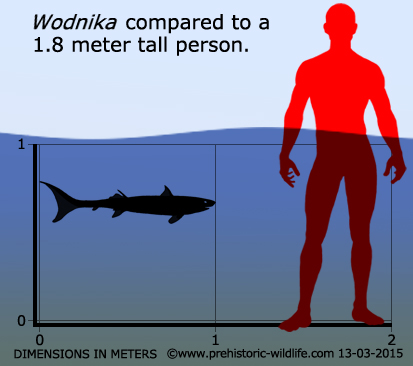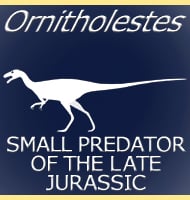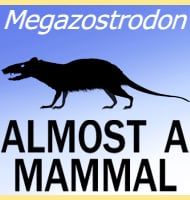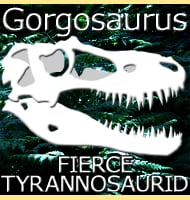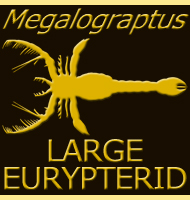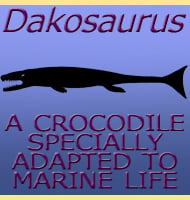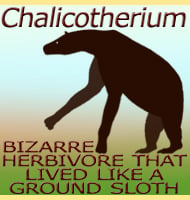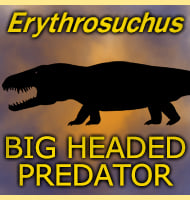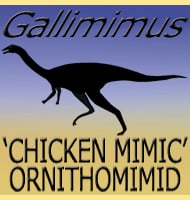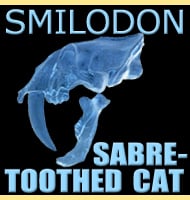In Depth
Also known as the Zechstein shark, Wodnika appears to have been very much like a modern day bullshark. In life Wodnika was a small shark that would have swam in the Zechstein Sea that covered much of northern Europe, where Wodnika likely patrolled near the bottom looking for prey like crustaceans. When found Wodnika would use its rounded teeth to crush the hard shells of its prey to get at the softer flesh within.
Although a fossil specimen of the cartilaginous skeleton of Wodnika is known, the more common fossils are the aforementioned rounded teeth and the dorsal spines. These spines rose up in front of both the first and second dorsal fins, and while usually envisioned as support for these fins, they would have made Wodnika a difficult mouthful for any potential predators. Wodnika is also known to have had claspers, appendages on the underside of the shark for the purpose of sperm transfer in reproduction. This also allows for identification between males and females of the species as females lack these claspers.
Further Reading
Further reading- Nachtrag zu der Beschreibung einiger merkwürdigen Fische aus den Kupferschiefern. – Beiträge zur Petrefacten-Kunde 6:47-52 – G. M�nster – 1843.
